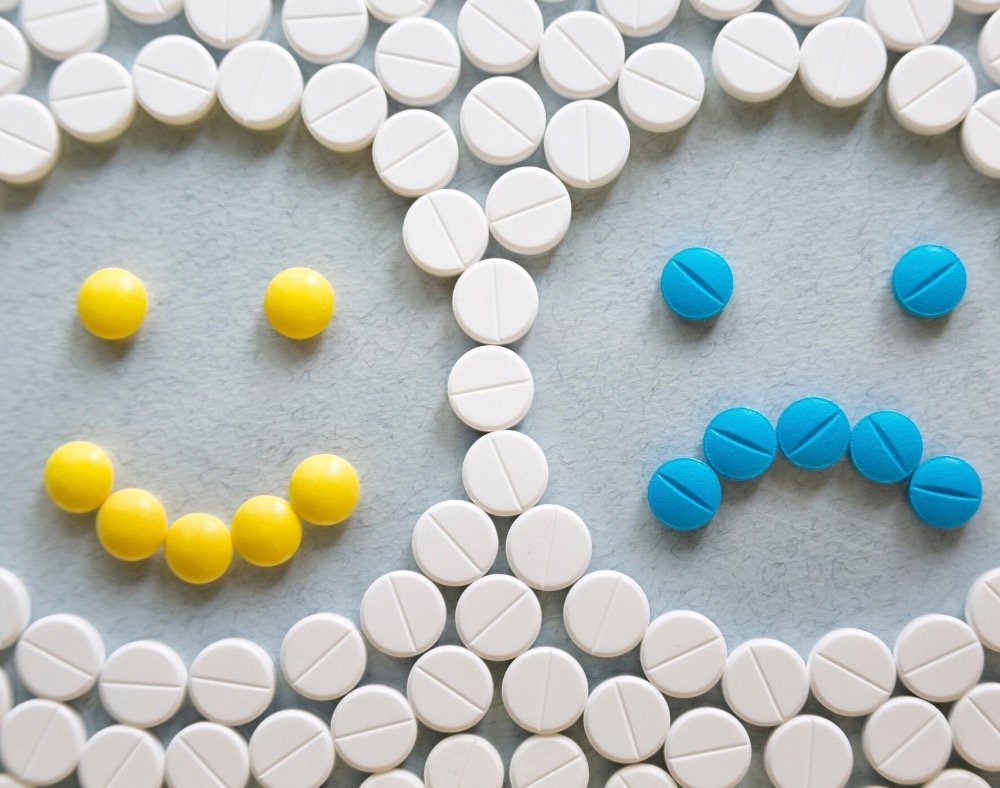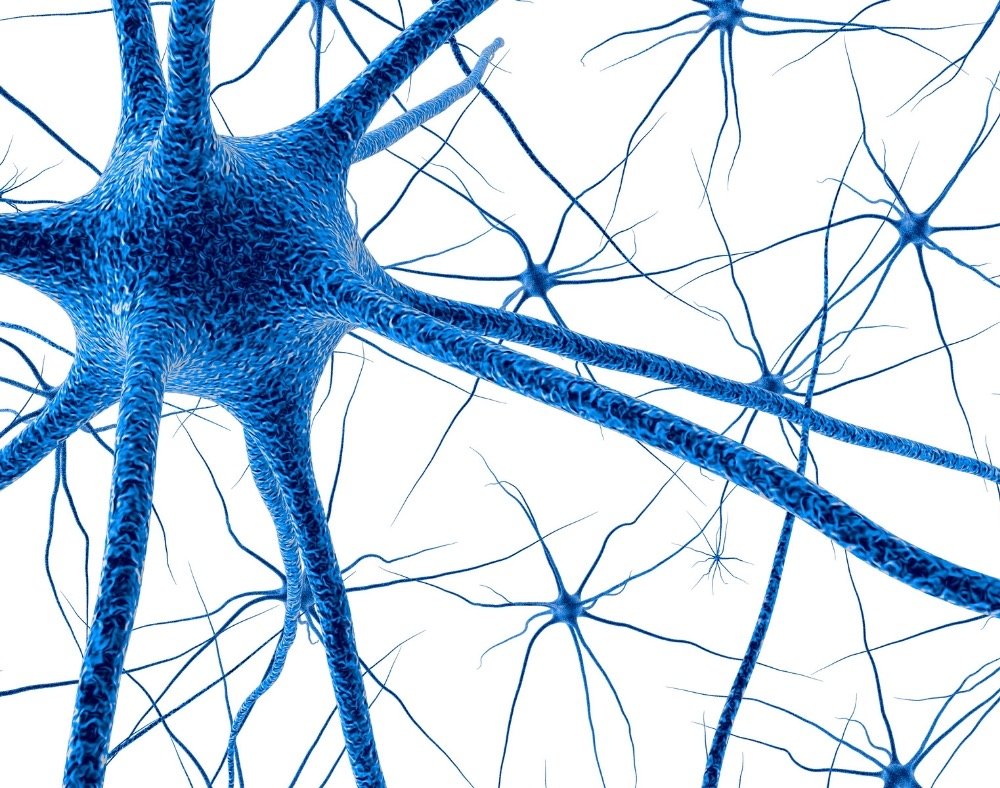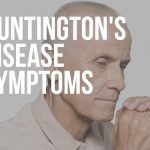Researchers continue to put in the effort to come up with effective Huntington’s disease treatment options.
Currently, there is no cure for this progressive neurodegenerative disorder.
Nonetheless, there are some approved therapies that help to manage symptoms and improve the quality of life for people who have Huntington’s disease (HD).
Check out some of these approved therapies that people with HD can benefit from below.
Contents
Huntington’s Disease Treatment Options
Medication

If you have Huntington’s disease, your doctor may prescribe some medications that can help to manage some of the symptoms you suffer from.
A majority of the medications people use for Huntington’s disease symptoms work by modulating neurotransmitters or the chemical messages that move between neurons.
Some of the drugs that can help with movement disorders include:
Xenazine
This is one of the drugs that medics give people who have movement issues like chorea. It has been approved by the EU in 2008 to suppress involuntary writhing and jerking movements.
Antipsychotic Drug
Medicines like chlorpromazine, haloperidol, quetiapine, and risperidone may also help to suppress involuntary movements.
Other Medications
Clonazepam, levetiracetam, and amantadine are other examples of medicines that can help deal with chorea.
Drugs for psychiatric disorders

There are several medications like antidepressants, antipsychotics, and mood-stabilizing medicines that a person with HD can take to treat psychiatric issues depending on the symptoms and specific disorders.
Note that some of the above medications have severe side effects like making the illness or symptoms worse, triggering depression and other psychiatric conditions, nausea, restlessness, drowsiness, skin discoloration, or leg swelling amongst others.
Drugs like clonazepam also have a high risk of abuse and dependence. This is why is important to follow the doctor’s directives when taking the medication.
Avoid self-medicating and report and serious side effects to your GP to see if there is a need to change the current medication.
Physical Therapy

When exploring Huntington’s disease treatment options, you may need to work with a professional physical therapist.
The specialist will recommend some non-medication and non-invasive ways that you can use to manage physical symptoms.
The expert will guide you on safe and appropriate exercises that can improve coordination, strength, balance, and flexibility.
These are beneficial because they can enhance the mobility of your body and reduce the risk of falls.
Note that it is extremely vital for anyone with HD to remain physically fit as long as the course of the illness permits.
People who remain active do better than the ones who don’t. Getting instructions on the proper use of supports and appropriate posture can also help to reduce the seriousness of movement disorders.
Additionally, professionals can also help with airway clearance techniques and breathing exercises if you have any respiratory issues.
The experts can also help with stretching and moving your joints as well as relaxing massages.
Speech and Language Therapy

If you have Huntington’s disease and have trouble with speaking, it is wise to consult a language and speech therapists.
The expert can help you learn alternative communication ways like the use of picture charts or electronic speech devices.
This helps improve your communication abilities so that you can remain active in family and community life for the longest possible time.
The therapists may also address any problems you may have with the muscles for swallowing and eating.
Working with Dieticians

At some point, you may also need to work with a dietician to help with Huntington’s disease treatment. The professional will offer advice on the right diet that will ensure you do not end up losing too much weight.
Proper nutrition is crucial because there are some people with HD that burn thousands of calories a day due to involuntary movements. They, therefore need to eat more meals to have the necessary calories.
Dieticians can also offer guidance on practical ways to make food easier to chew and swallow. Some foods may require to be thinned while others need thickeners so that the weak person can eat well.
When serious problems arise, swallowing therapy exercises can help because it combines direct treatment strategies and compensatory techniques that can enhance oral intake safety by decreasing aspiration risks to maintain quality of life.
Occupational Therapy

Because many people who have HD develop memory and concentration issues, occupational therapy is an important part of the Huntington’s disease treatment process.
The therapists can help come up with effective strategies for coping with memory and concentration problems. They can also help develop solutions that can make the home safer for persons with HD.
These can include assistive devices for daily activities like dressing, handrails in the house, and drinking and eating utensils specifically designed for individuals with limited fine motor skills.
In a bid to make your life easier, the therapists can also recommend the use of voice-controlled lights or software on your PC.
Experimental Therapies

Away from the approved therapies that help with HD symptoms, experts have recognized other avenues to explore in regards to Huntington’s disease treatment.
A majority of these are already in the clinical trial stages while others are still in the development stage.
An example is gene silencing therapies that seek to decrease the levels of toxic HTT proteins that are produced. If successful, these will not only manage the symptoms, but they will also help to slow the progression of the illness.
Neuroprotective therapies are also being developed to curb neuroinflammation that damages and kills brain cells.
Soon, these may be added to the list of approved therapies for treating HD.
Huntington’s Disease Treatment Closing Thoughts
Despite the fact that there is no Huntington’s disease treatment, several approved therapies can help manage a majority of the symptoms associated with the illness.
What’s more, is that research is also ongoing studying the mechanisms of HD something that might result in the development of innovative new treatments.







